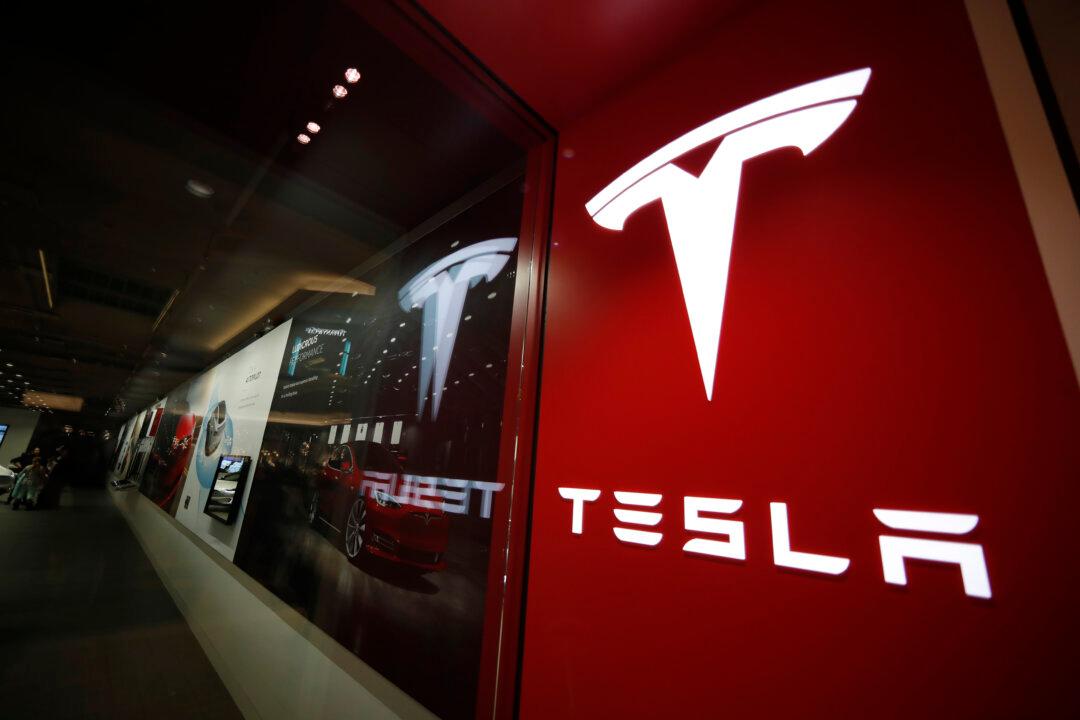Electric car maker Tesla has withdrawn the latest version of its full self-driving (FSD) beta software just one day after it was released, Chief Executive Elon Musk announced on Oct. 24.
Tesla released its 10.3 FSD update to drivers on Oct. 23 and Oct. 24, along with a list of release notes. The list mentions changes such as added FSD profiles that allow drivers to control behavior such as rolling stops or exiting passing lanes, along with improved static obstacle control, improved creeping speed, and reduced false slowdowns.




